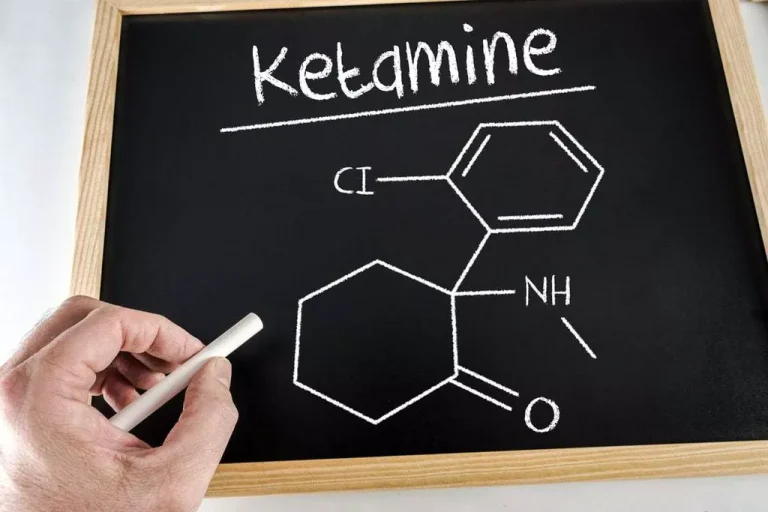Chưa có sản phẩm trong giỏ hàng.
Sober living
End Stage Alcoholism Life Expectancy of an Alcoholic

There’s often a notable lack of compassion for people who are dying from alcohol use disorder among caregivers, family members and the general public. Many people know of the short-term consequences of drinking too much such as hangovers, drunk driving accidents, drunken injuries, alcohol blackouts, and alcohol poisoning. However, fewer people stop to think about the real cost of long-term alcohol abuse including the worrisome relationship between drinking and life expectancy. Beyond animal studies, and before we get into the possibly problematic epidemiological studies, there are some controlled human studies I found that showed positive health benefits of light-to-moderate alcohol consumption.
- However, fewer people stop to think about the real cost of long-term alcohol abuse including the worrisome relationship between drinking and life expectancy.
- In 2019 Jace moved to the Intake Department to assume the Lead LVN role.
- Yes, treatment for end-stage alcoholism may involve addressing any underlying health conditions, medical detoxification, inpatient rehabilitation, and long-term support from a therapist and support group.
Health Consequences of Alcoholism
It is important to note that recovery from alcoholism and adopting a healthier lifestyle can positively impact life expectancy. Late-stage, or end-stage alcoholism, is a full-blown addiction to alcohol, almost always requiring alcohol detox to start recovery. The person now spends the bulk of their time servicing the disease by drinking. In this last stage of alcoholism, the individual often exhibits both physical and mental health issues.
- The period of our study is from 1994 to 2008, and the average follow-up period was 8.8 years.
- A 2014 study found that the life expectancy of an alcoholic was between 24 and 28 years shorter than the average lifespan of the general population [2].
- Binge drinking is a common practice affecting 1 in 6 American adults, resulting in the consumption of 17 billion drinks each year.
- You might hear the dated term “wet brain” used in reference to Wernicke-Korsakoff syndrome.
- Beyond the meta analyses are several recent epidemiological studies finding even moderate and low alcohol consumption has negative consequences for health and longevity.
Alcohol and health
Based on statistics from the National Institute on Alcohol Abuse and Alcoholism, 90 percent of alcoholics suffering from stage 1 symptoms go on to develop stage 2, with some overlap between the stages and symptoms. “People hospitalized with alcohol use disorder have an average life expectancy of 47–53 years (men) and 50–58 years (women) and die 24–28 years earlier than people in the general population,” the researchers write. Medications and lifestyle modifications may also be prescribed depending on the stage. Although stopping drinking alcohol is the most effective treatment for alcoholic liver disease, it is not a complete cure.
Alcohol is killing more women than ever before
The lower recommendation for women isn’t just because they are, on average, smaller than men. They produce less of the enzyme (called alcohol how long do alcoholics live dehydrogenase, or ADH) that breaks down alcohol. In addition, women tend to have more body fat, which tends to retain alcohol.

- Alcoholism often co-occurs with other health conditions, which can further impact life expectancy.
- For example, fruit flies appear to live longer when a moderate amount of ethanol is introduced to their atmosphere, according to two separate studies conducted in 1989 and 1977, respectively.
- While a glass of red at the weekend or an occasional beer might have some benefit, drinking several beers a day will not.
- Korsakoff’s syndrome dementia affects not just the brain, but also the cardiovascular and central nervous system.
- The Institute for Health Metrics, University of Washington, compiled an analysis of alcohol-related deaths in the U.S. between 2007 and 2017.
- Here at FHE Health, we have the skills, experience and expertise needed to help you get sober, no matter what stage of alcoholism you’re in.
Having a strong support system is crucial for individuals seeking to recover from alcoholism. Support can come from various sources, including family, friends, https://ecosoberhouse.com/article/how-alcohol-can-affect-relationships/ support groups, and healthcare professionals. These support systems can provide encouragement, understanding, and guidance throughout the recovery journey.
- The work, which included data on over 107,000 Europeans, reveals that individuals diagnosed with an alcohol use disorder may be shaving decades off of their lives.
- These lifestyle choices can have long-term consequences on physical and mental health, leading to a shorter life expectancy.
- The alcoholic life expectancy can sound scary and morbid, but you can get help.
- Others who have had less to drink may look more intoxicated than a person with a high tolerance.
- A 1992 paper found alcohol increased the lifespan of mice by 16%, while a 1999 study found daily low alcohol intake lowered blood pressure in hypertensive rats.
What Is End-Stage Alcoholism?
Extend Your Life Free From Addiction at Agape Treatment Center
Is drinking some alcohol better than not drinking it at all?


